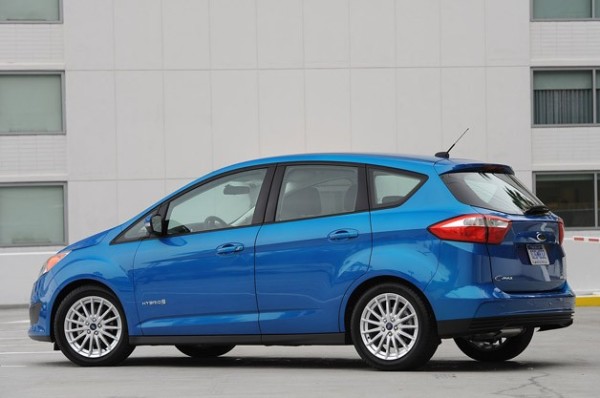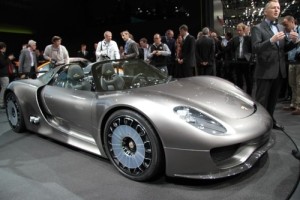A number of car vendors normally advertise a fuel economy that refuses to pan out in real-life situations. Most of the fuel economy estimates are over-done and thus, inaccurate. Now, however, a detailed report suggests that this may be a result of faulty mathematical calculations at the hands of EPA.
EPA is tasked with regulating the auto industry and looking over any related issues. The notion of fuel economy falls within this scope. However, there are many ambiguities in the way EPA handles things.
For instance, EPA allows any given car vendor to accord the same fuel economy to two vehicles if both of them have the same engine and transmission, and fall into the same weight class. Many recorded examples show that this equality is misplaced and more often than not, two vehicles sharing the aforementioned traits do not offer the same fuel economy.
For instance, Ford took up the fuel rating of Fusion Hybrid and applied it to C-Max Hybrid, claiming that the latter can given a fuel economy of 47 mpg. However, this was far from true as later tests proved.
It is understandable that EPA wants to automate a part of the system by allowing mathematical calculations to gauge a given vehicle’s fuel economy, rather than actually testing out the ride. There are more than a 1,000 new models coming out each year and one can relate that testing them all out may not be possible for the agency.
However, the discrepancy in the stated fuel economy of the vehicles as a result of these calculations, and their actual performance, does raise concerns. This also suggests that perhaps, EPA needs to change the way it reaches its estimates and stop generalizing things across two near-similar vehicles by according them the same fuel economy.
Courtesy: Consumer Reports
[ttjad keyword=”htc-phones”]



